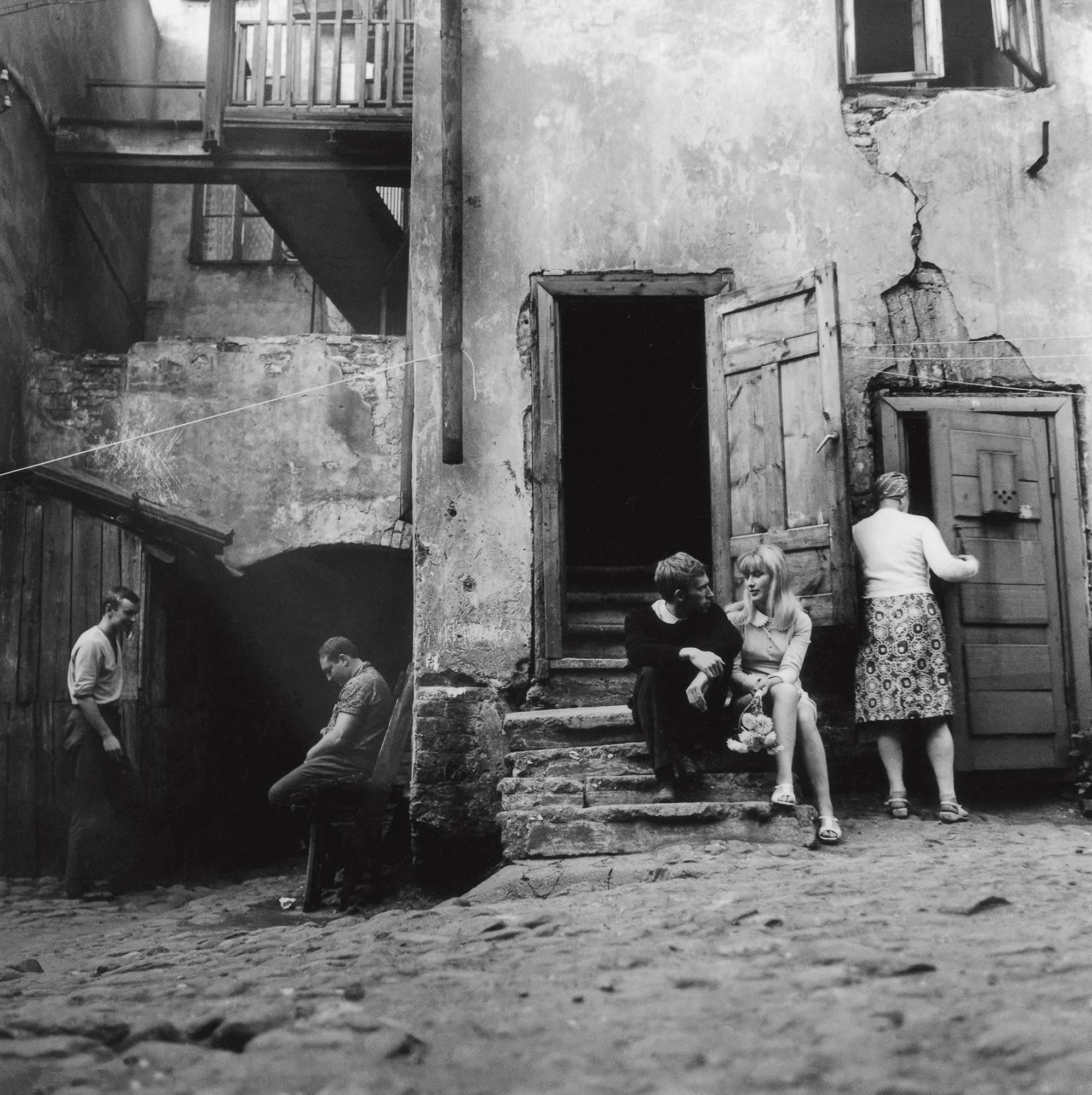
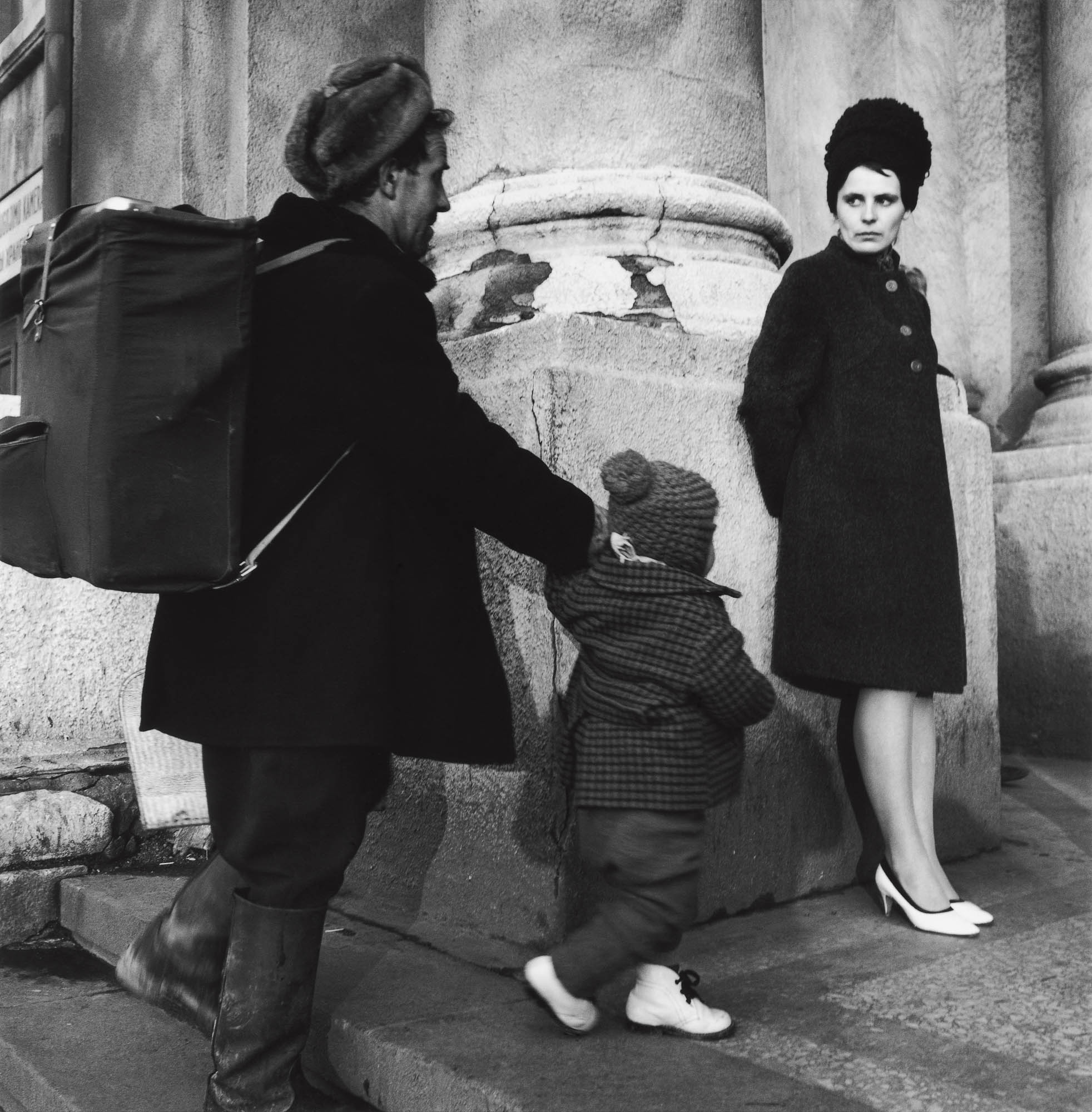


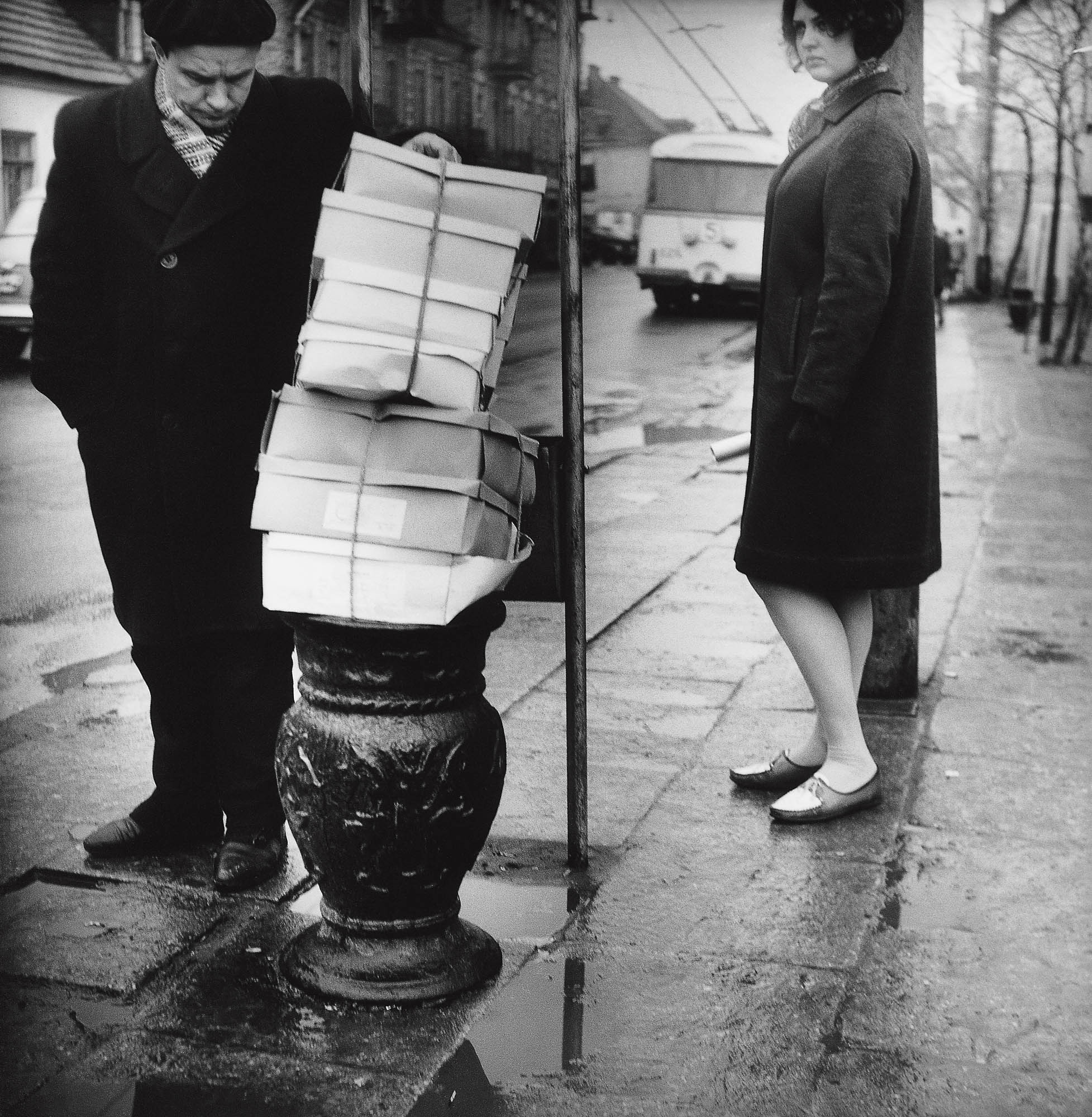

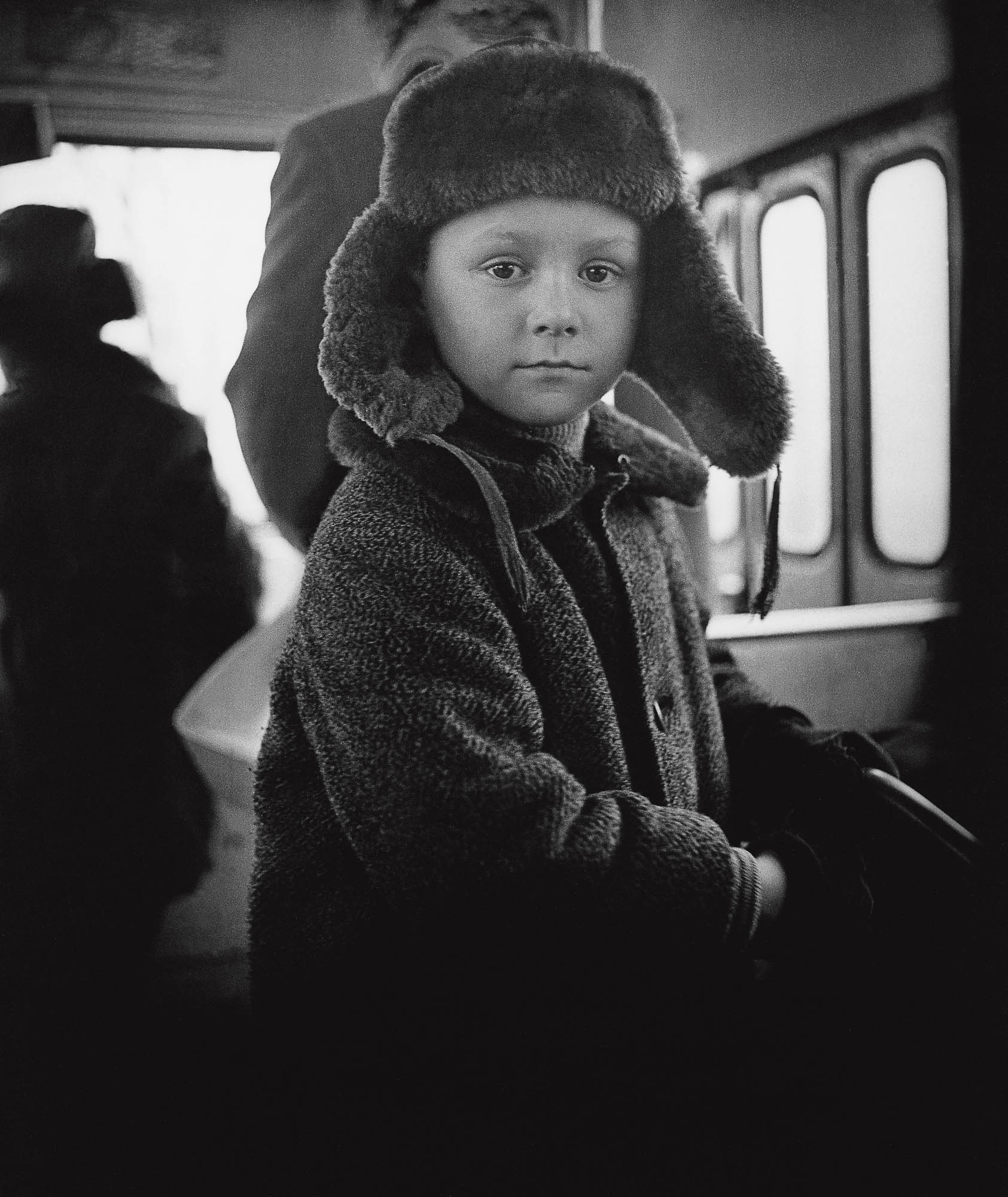
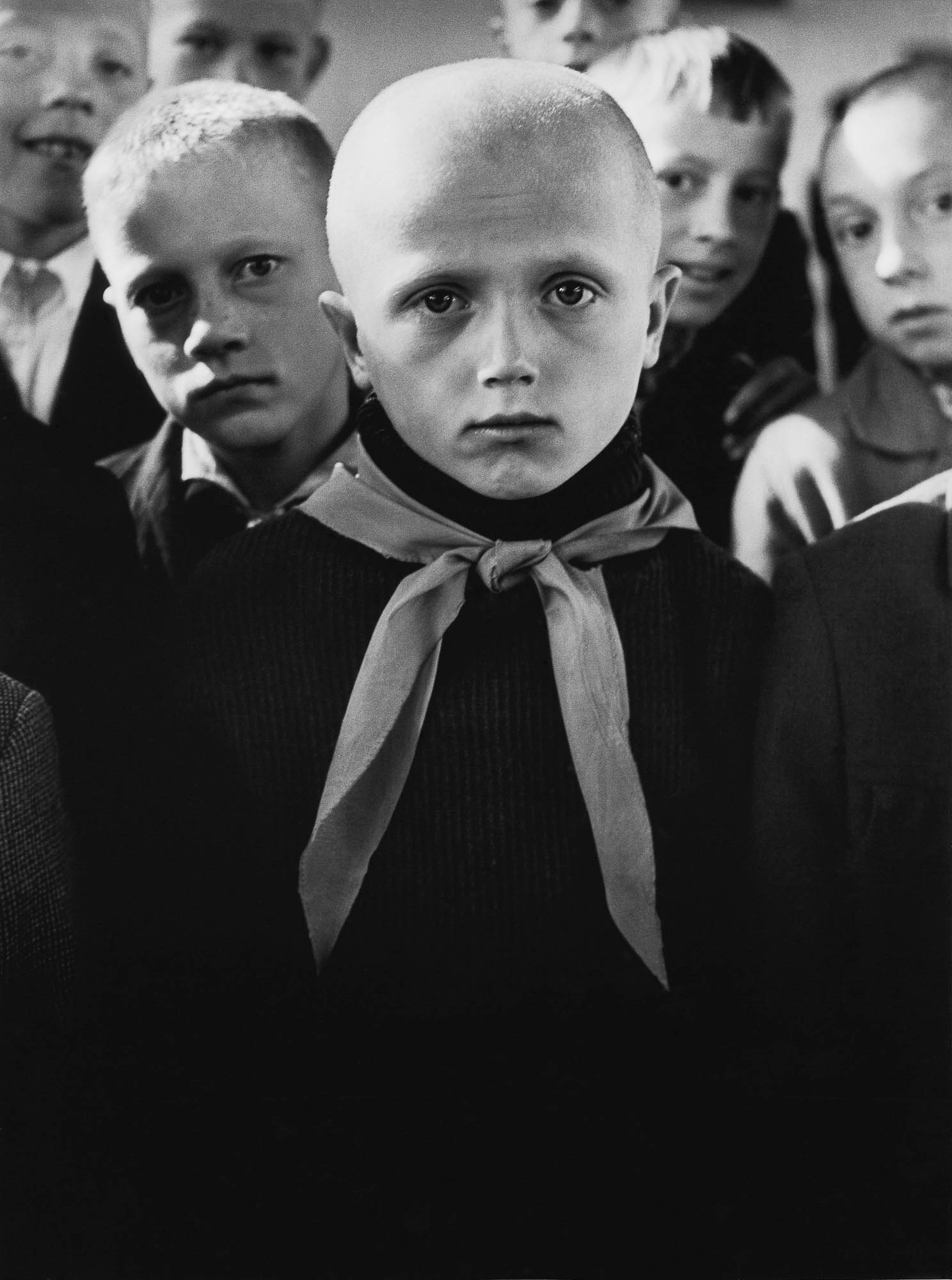

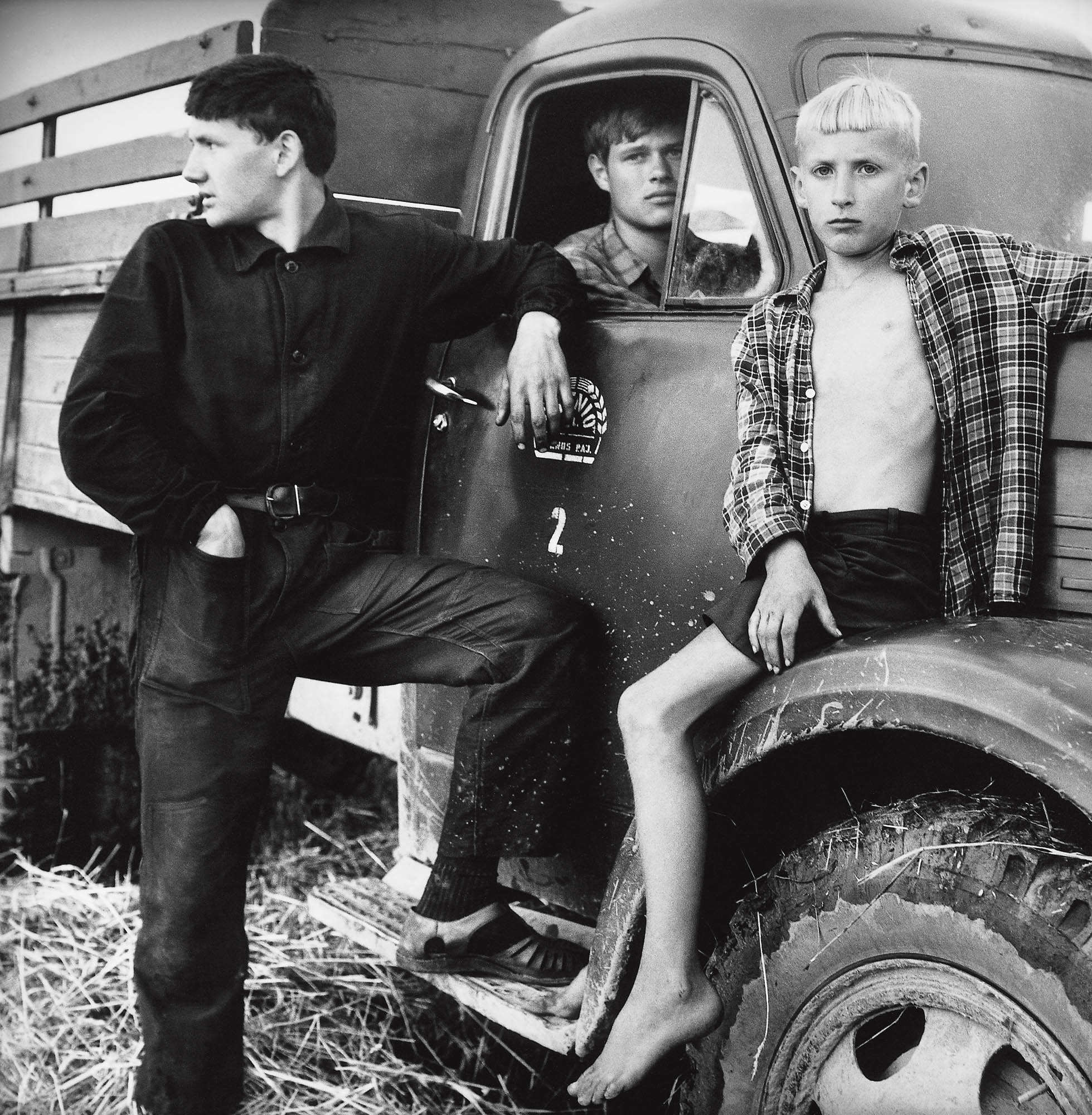
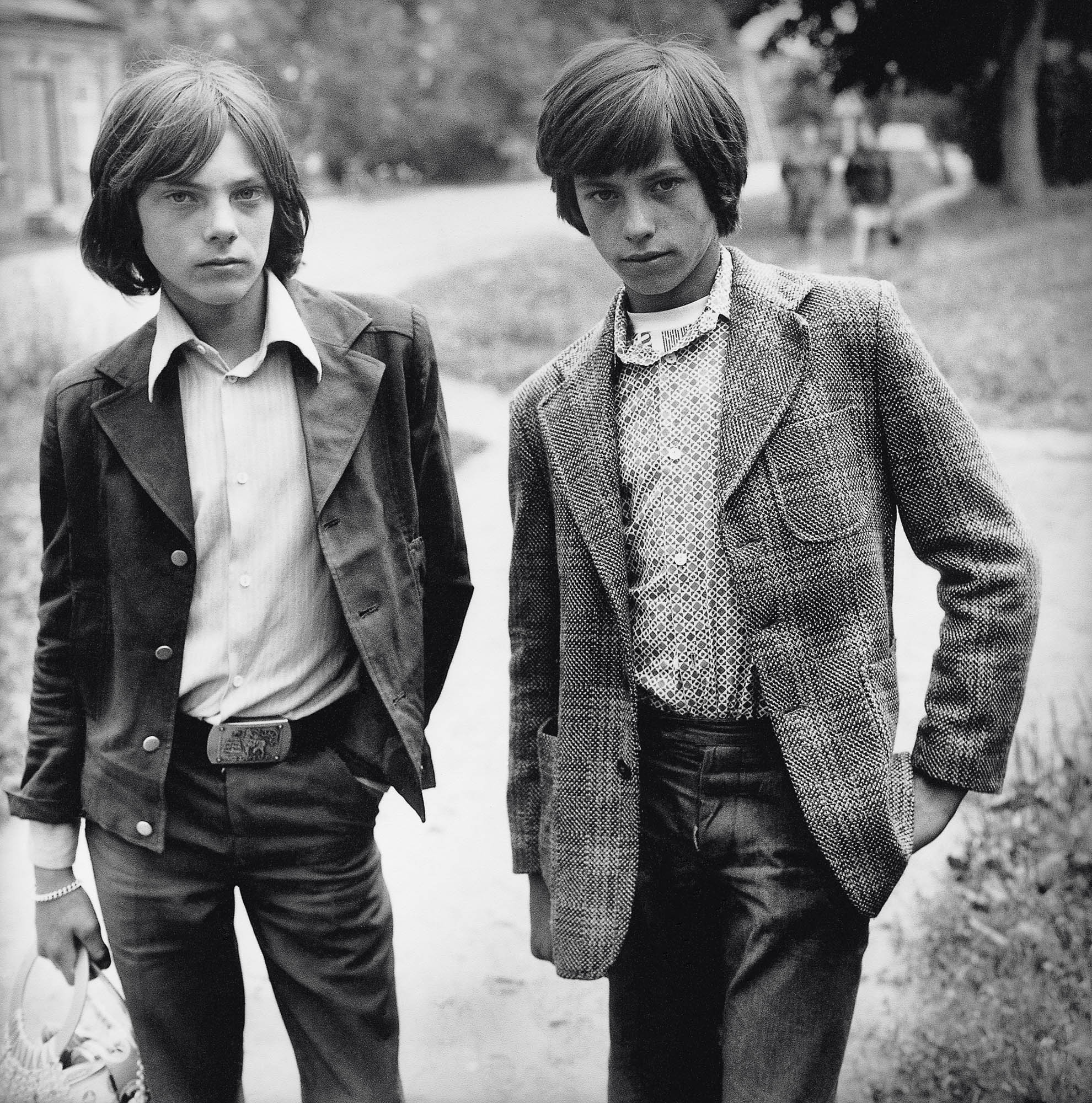
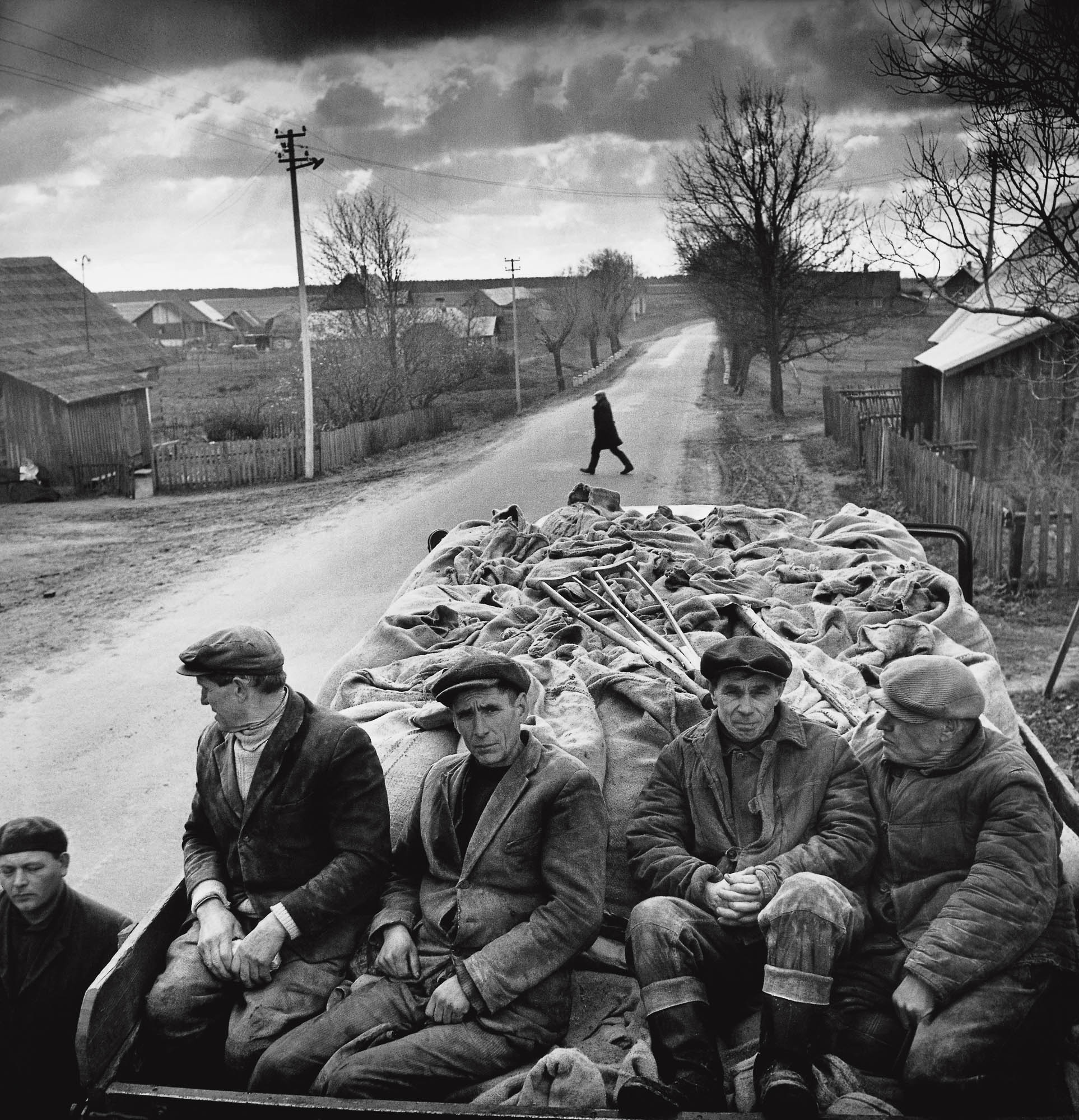
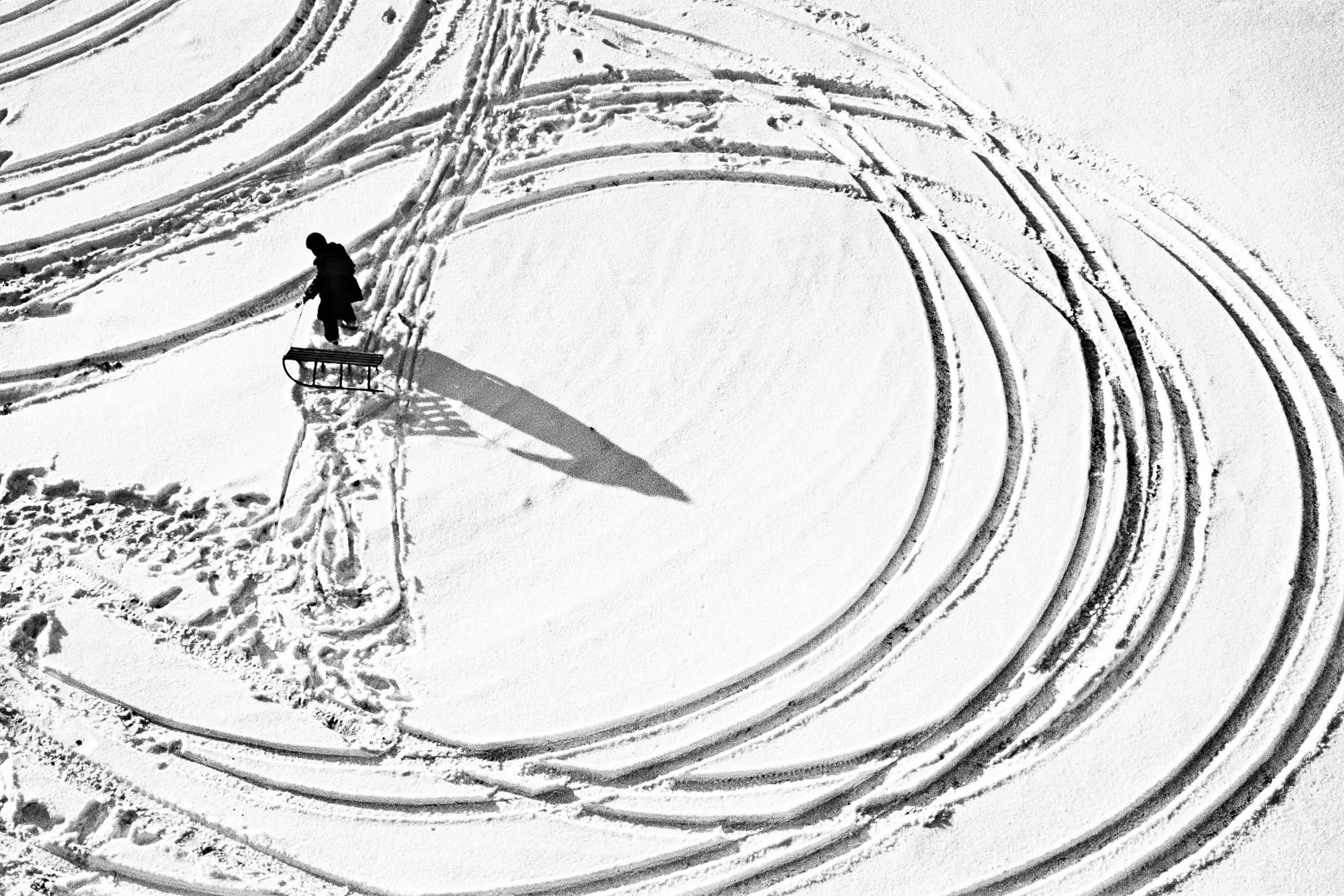
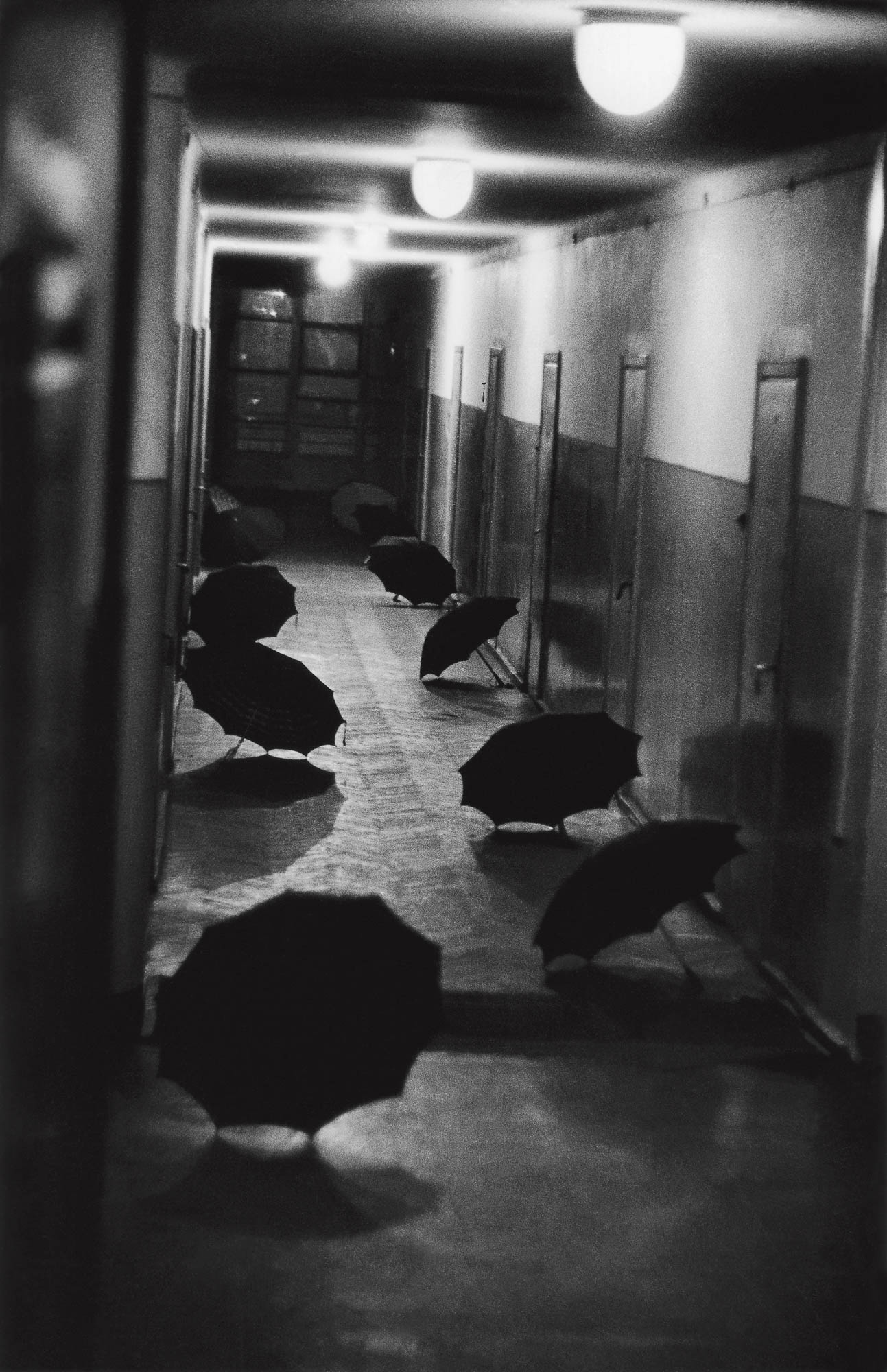
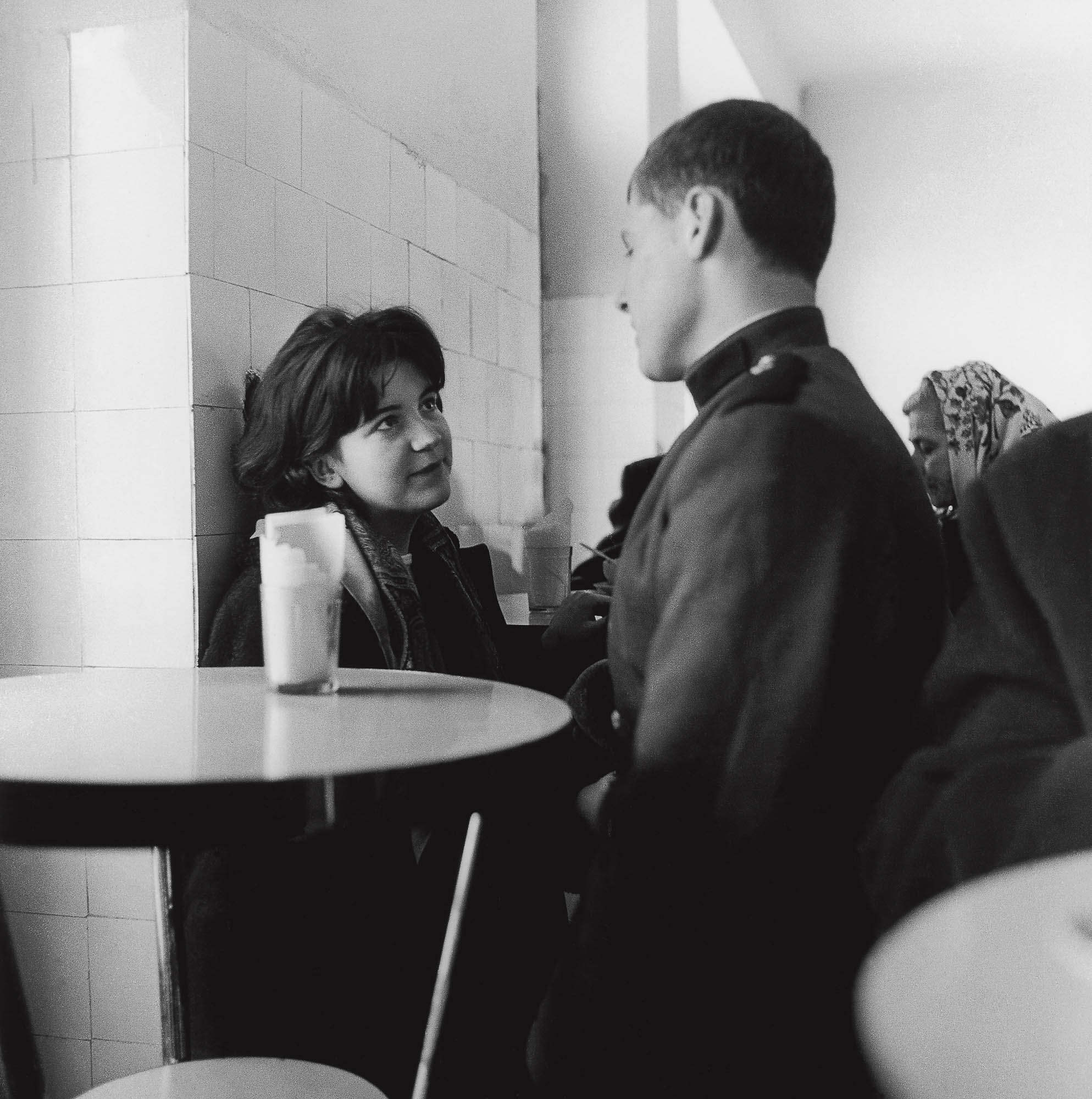
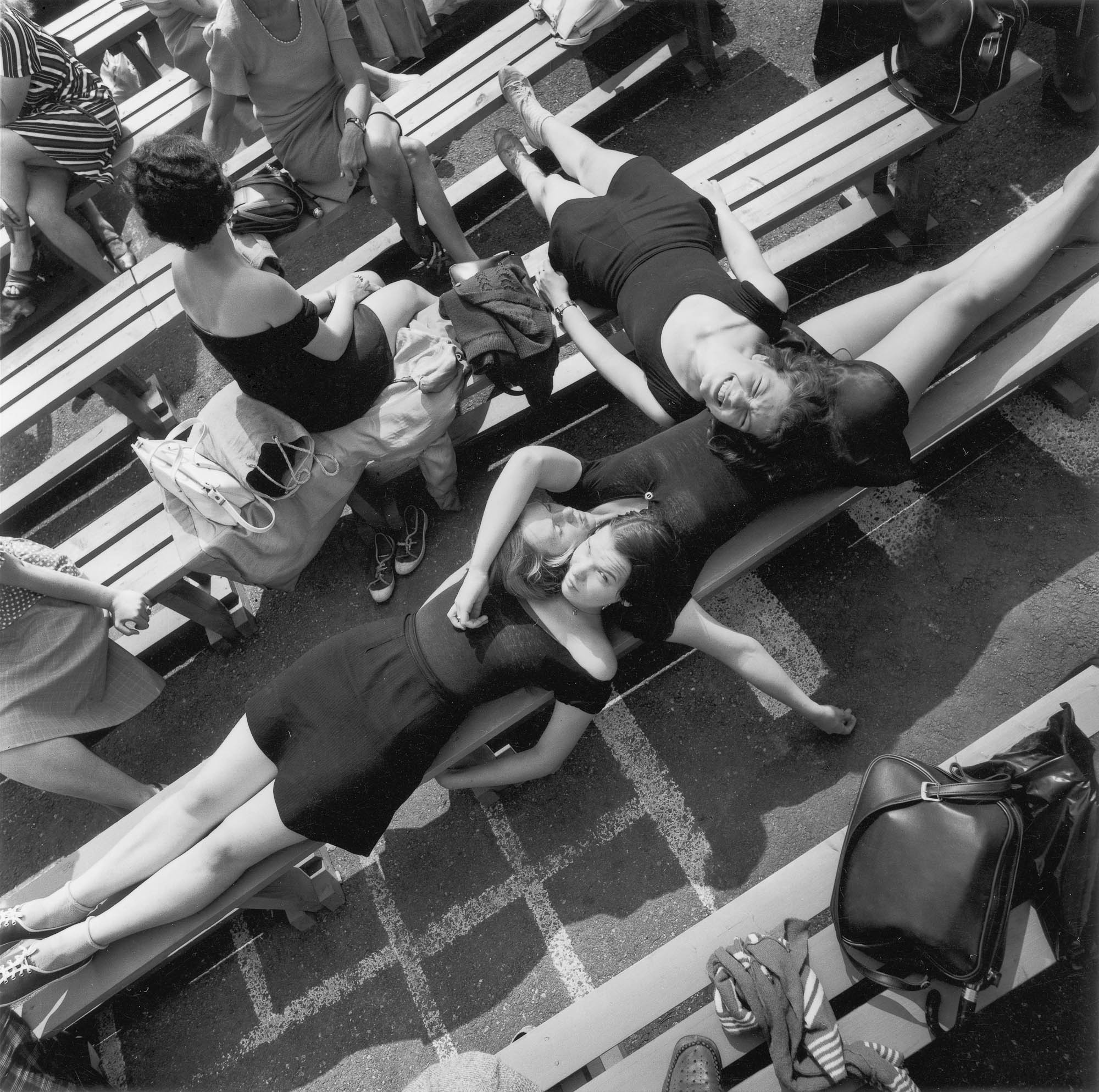


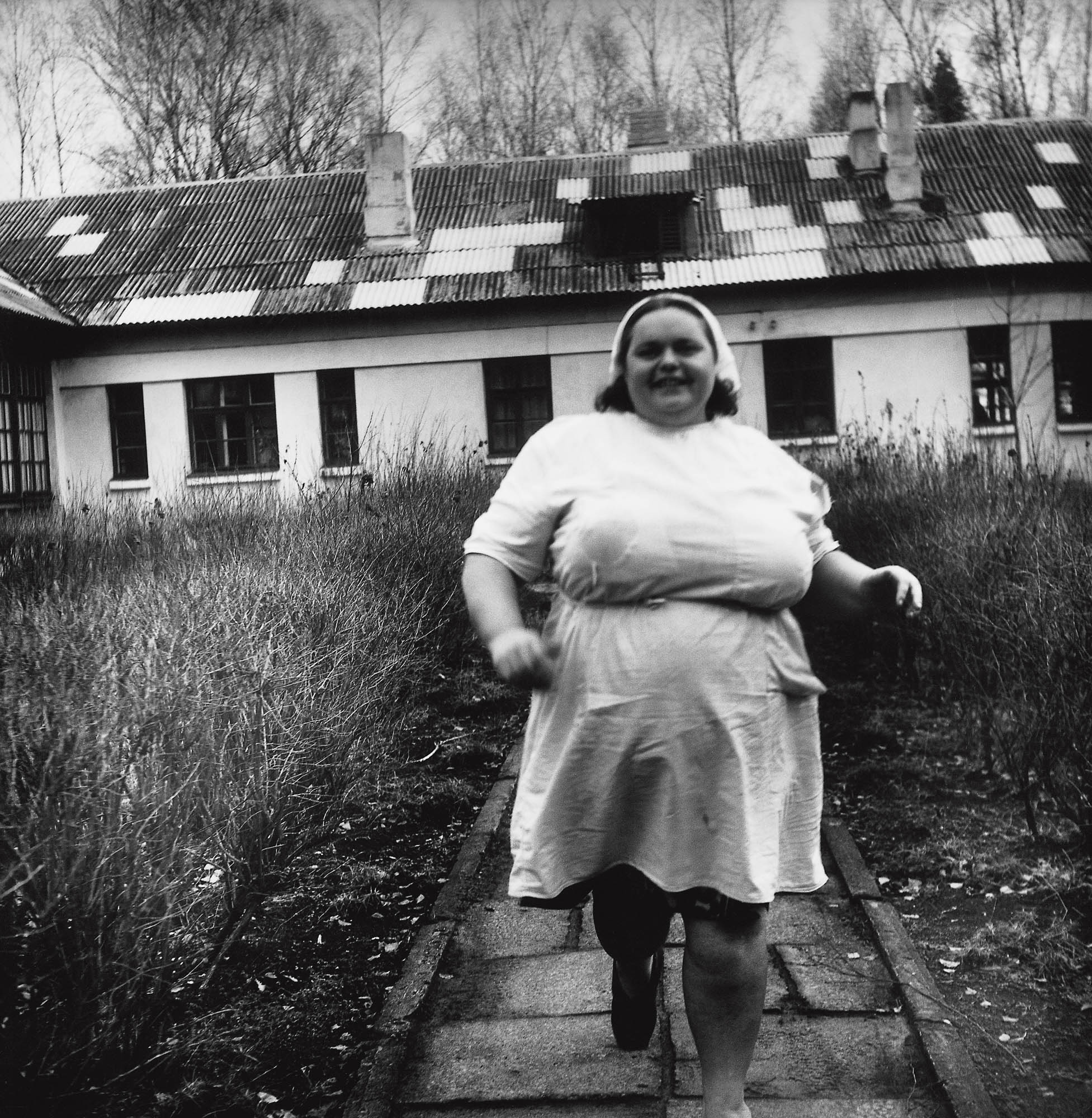
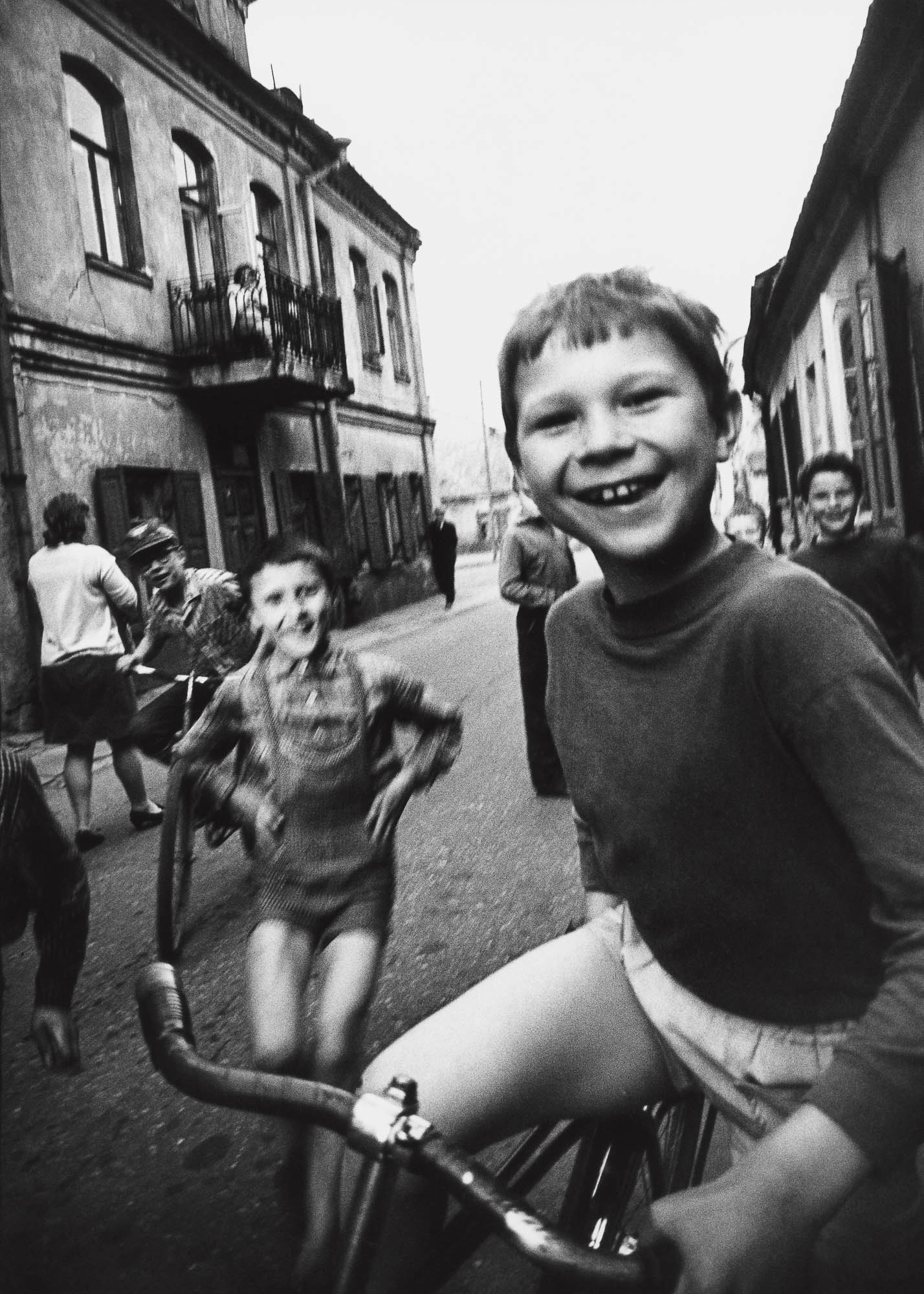

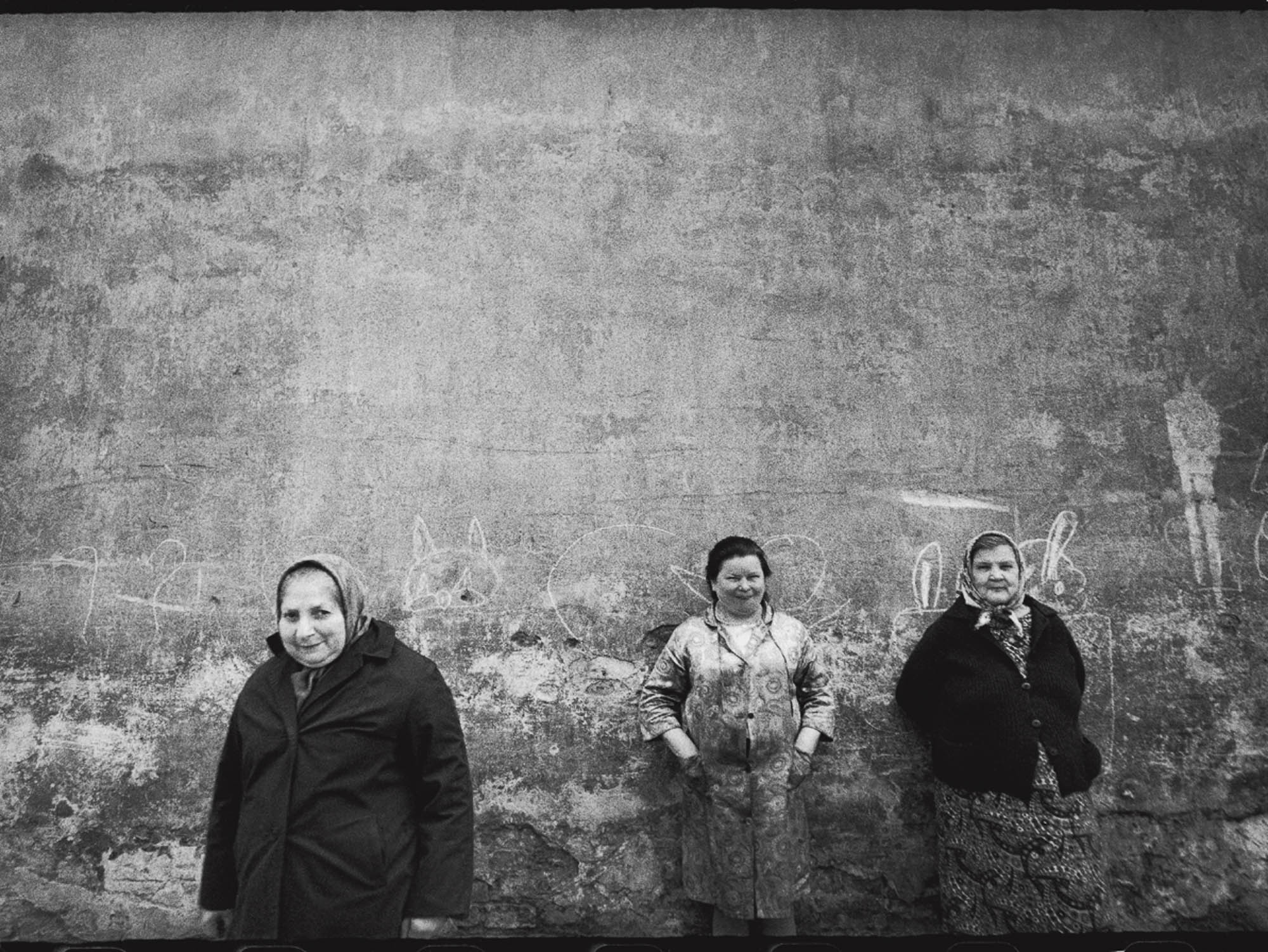
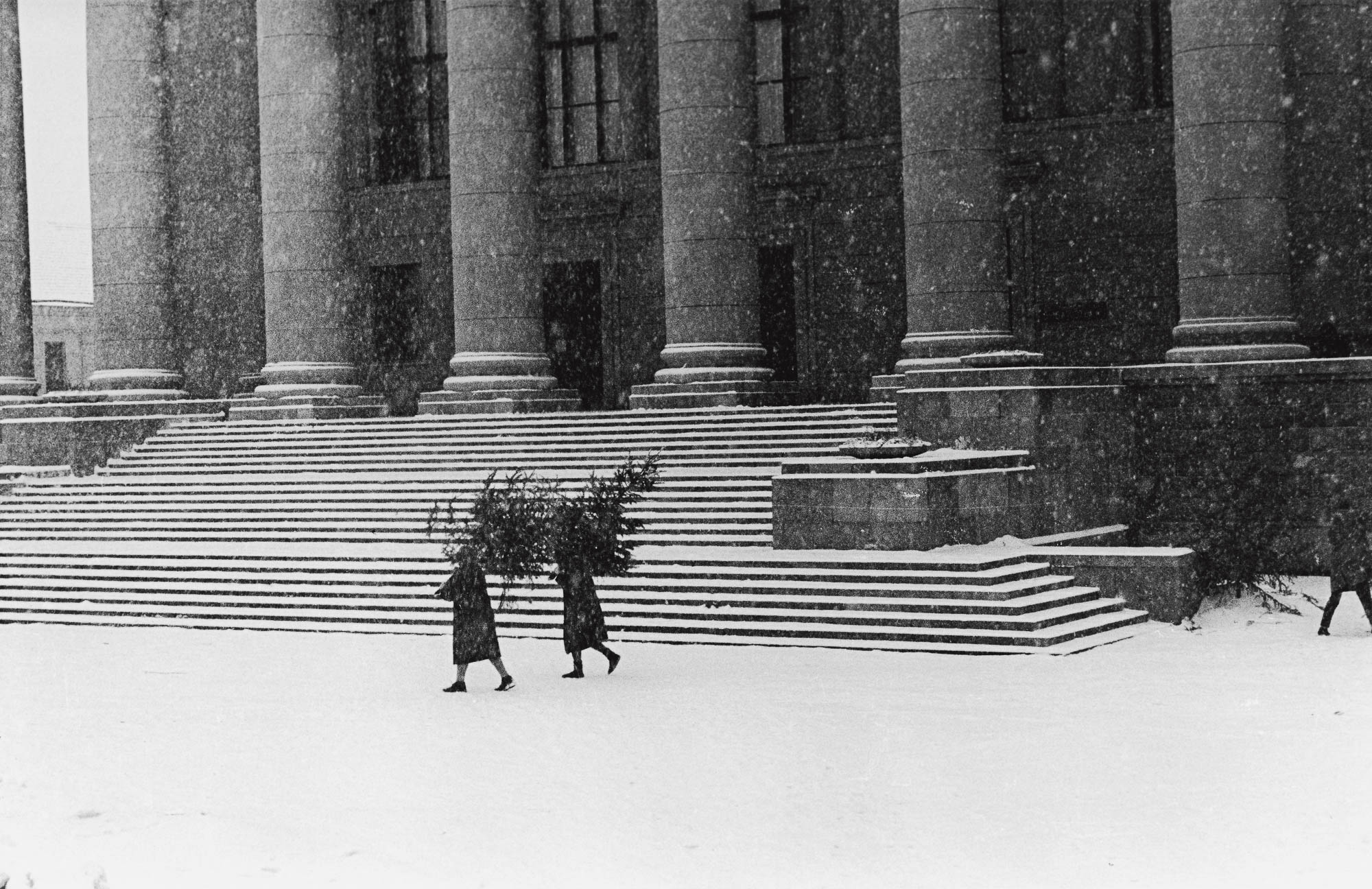

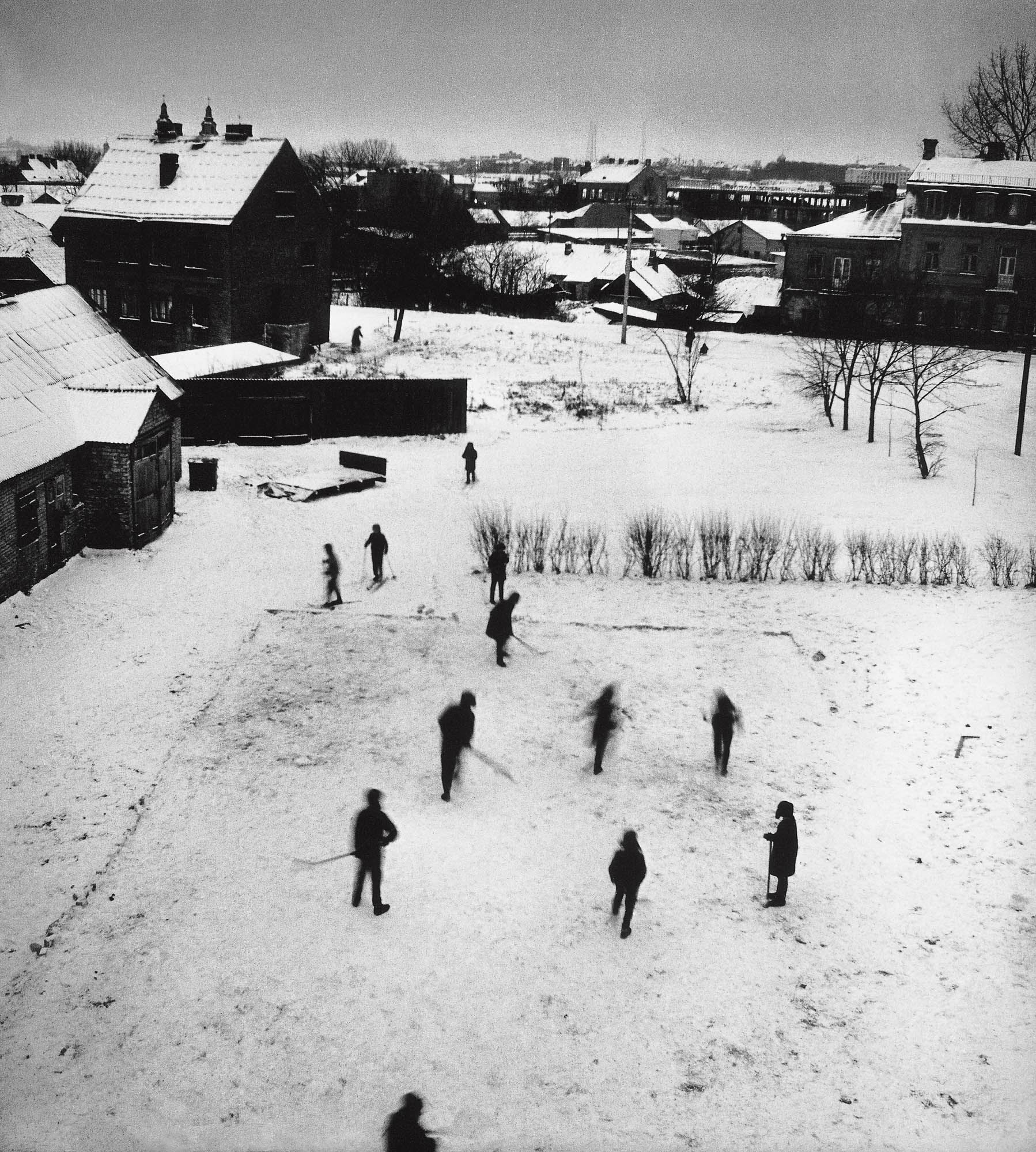
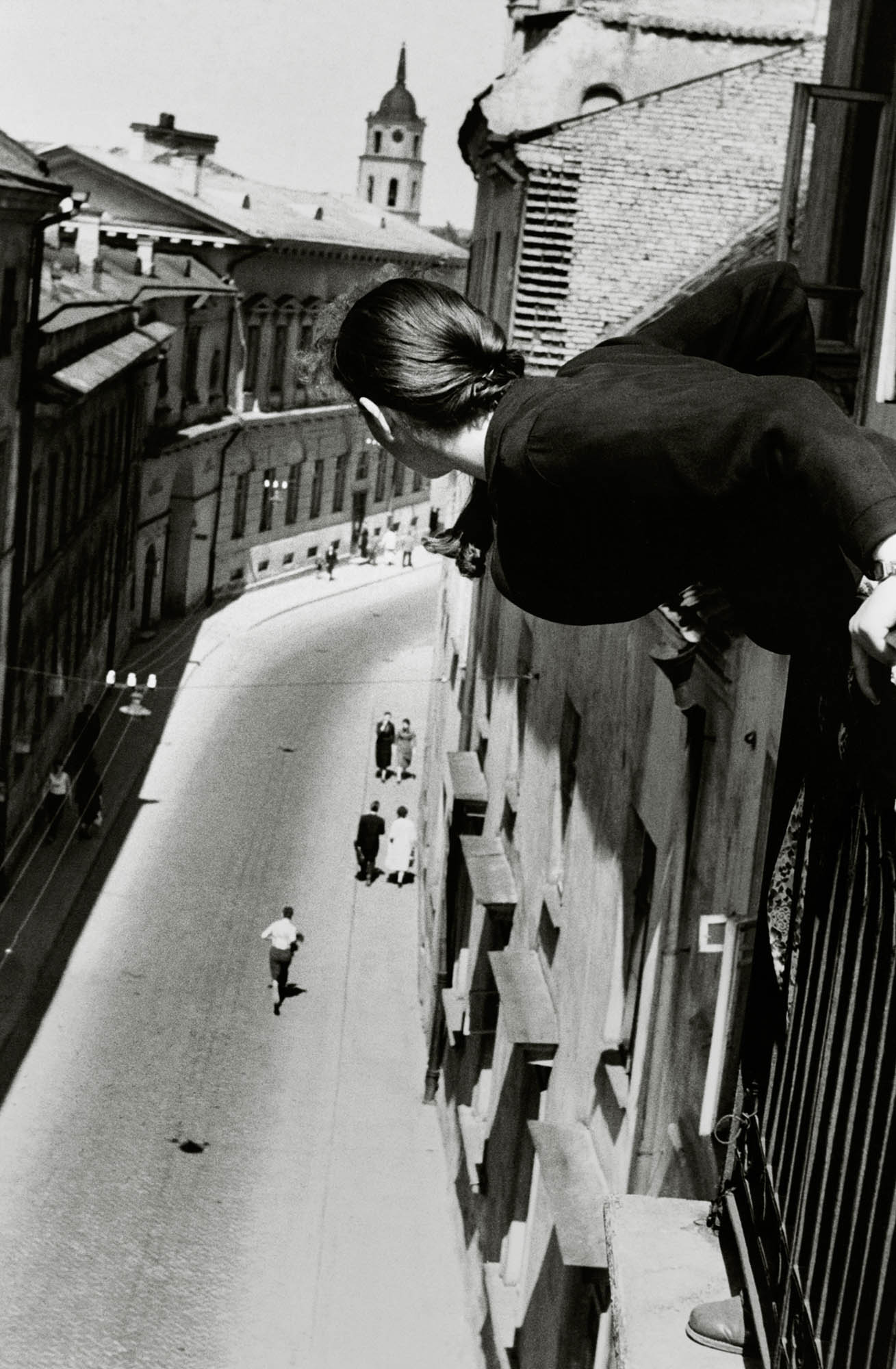
Personal exhibition of Antanas Sutkus, master of lithuanian photography. Vintage and contemporary prints.
« I have spent fifty years of my creative life in town but my roots are in the countryside. If I have not grown up there, if I have not felt th trembling of the wind in the maple leaves , seen the rippling of wheat , listened to the rapping of raindrops on the roof of our barn , I would have hardly become a photographer. There was my beginnings. » (A. Sutkus)
Antanas Sukus is considered as one of the world masters of photography and he is often called “Homer of the Lithuanian photography” due to the narrative continuity of his work which is literally a collection of small fragments of his everyday life. A vaste archive traces his creative career: he was opening new subject and analyzing it in details. His photographs overcome the limits of the local culture. For Sutkus, photography is a way to read the reality, not to remake it. The resume of his work can be done in one word – being. This is either the reality revealed by the photographer or the aesthetics of existentialism expressed in his work. It’s maybe not a chance if Sutkus, in charged of the documentation of Jean-Paul Sartre and Simone de Beauvoir during their five days visit in Lituania, created one of the most famous and expressive image of the philosopher of existentialism, known and recognized not only in Lithuania, but in other countries as well.
The most memorable works of Sutkus were created in the fifties and are linked by his opposition to standards. He became a part of the promising culture. The Lithuanian photographer defined the theme of his life during the first years of his artistic activity: his series “People of Lithuania” raised the vitality of a man above the greyness of the Soviet life.
The photographer sees the world not as some abstract substance, but as trivial everyday existence among cognizable meanings. However, a man always remains a central piece of his world. The artist opens up to his world and seeks for a feedback. To him, all human time is like breathing: every moment is important, every man that we meet in the streets is important. His language is universal; it advocates human values that are not encrusted in symbols. His universality manifests itself in documentary and very familiar milieu of everyday life. Everyone is passerby on a rural dirt road, urban street in life. Sutkus is a photographer of passerby. He is neither a hunter(à la Henri Cartier-Bresson),nor a fisherman (à la Robert Doisneau), nor a chronicler, he is a surrealist ethnographer, a sentimental psychologist, whose penetrating, piercing and at the same time unlocking gaze establishes confidence at both sides of his photographs.
Sutkus is a representative of social photography. In reality, the artist does not ‘remove’ his character from his social environment, he ‘exhibits’ him in a natural milieu. During fifty years, Sutkus took pictures and now he ceased because the social milieu has changed and he cannot find his “heros” anymore. The photographer devoted his last ten years and all his creative potential to the actualization of his archive.
